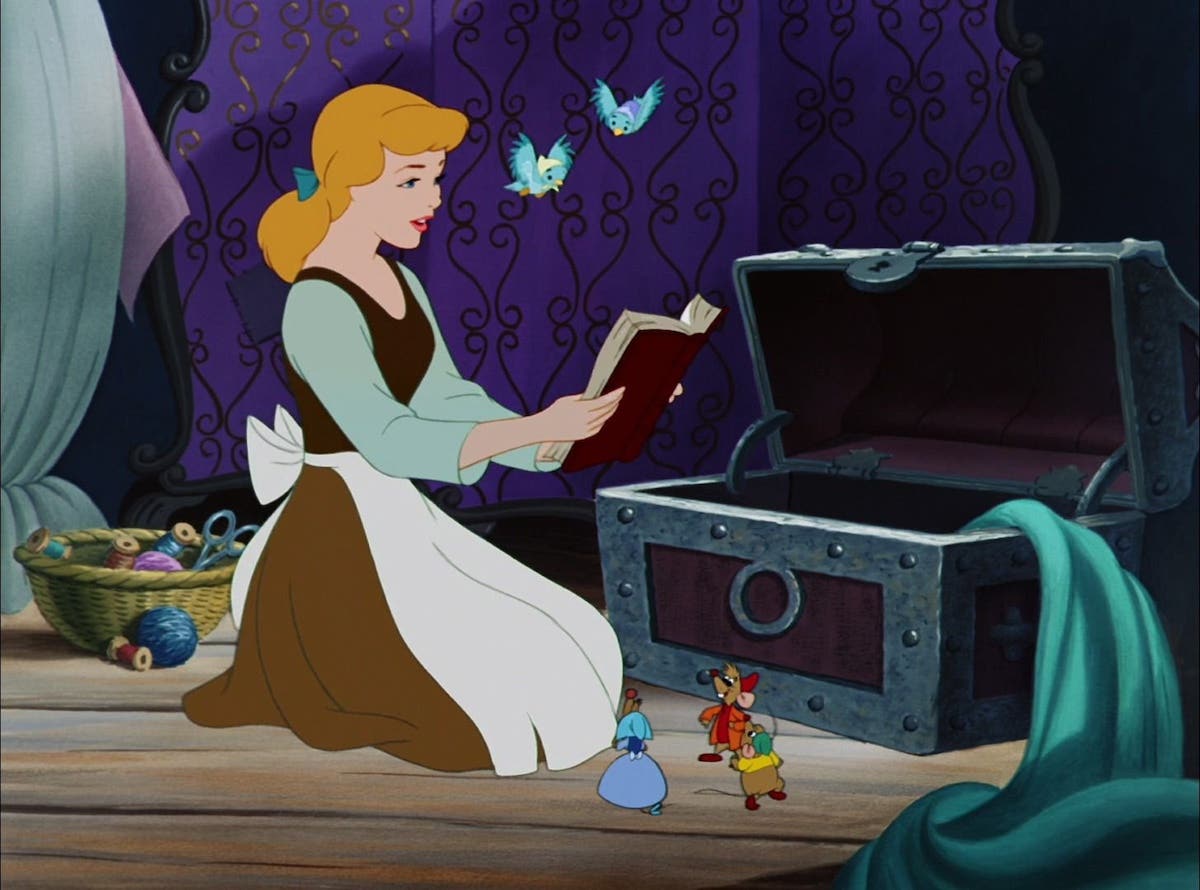Writers’ Room 101: Pitching in the Room
When I first sat down to start writing about this topic, I was worried because I thought there couldn’t possibly be enough to say about pitching to fill an entire…
When I first sat down to start writing about this topic, I was worried because I thought there couldn’t possibly be enough to say about pitching to fill an entire blog post. Next thing I knew, I had written so much that I decided to break it into two separate posts so the information would be more easily digestible. This post will give you a brief overview of what the process of pitching in the room is like, and next time, I’ll share some hands-on pitching tips that you'll want to take with you into your first writers' room.
And so, without further ado, let’s dive right in.
In writing parlance, a “pitch” is both a noun and a verb, and the term is used interchangeably to describe either. A pitch is an idea (that's the noun form, as in, “Hey, I have a pitch!”), and it’s also the presentation of an idea (and that's the verb, as in “I pitched my sex dungeon idea yesterday and it completely bombed”). So technically, it’s possible to pitch a pitch. But don’t say that. No one says that.
As I stated in a previous post, the pitching process mainly consists of the writing team sitting around a room for hours at a time, usually at a long conference table, and verbally brainstorming ideas for the show’s various characters and/or storylines. This is how you’ll spend the vast majority of your days.
Sometimes the showrunner will take the lead and describe in detail the specific areas she wants the writers to focus on that day. Other times, the staff might be given just a little bit of direction, and the floor will be open to any pitches ranging from a particular character to a general direction for story areas to explore.
What happens next is an open, free-flowing conversation among all the writers. You are expected to participate. That’s what you’re there for. "Okay," you might be thinking right now, "but what if I happen to be an exceptional writer on the page, and not so great when it comes to speaking up in a room full of people?" If that’s the case, it’s perfectly understandable. It happens sometimes. So here’s what you'll have to do: get over it. Dig deep and find the confidence to speak up. There’s no other way. Pitching is a big part of your job, and you won’t survive in a writers’ room without being able to articulate your ideas. It’s a skill that every writer will need to master in order to become an effective and integral part of any writing staff.
One of the most important aspects of pitching – if not the most important – is making sure your pitch isn’t wildly off-topic. This might sound obvious, but you’d be surprised how many writers will simply blurt out the first thing that pops into their head, either because they haven’t been paying attention to the direction the room’s conversation has taken (discussions will often take abrupt turns, and what was being explored five minutes ago is suddenly ancient history because you’ve moved on to something else), or they feel too much time has passed since they contributed a pitch, and suddenly feel the need to remind everyone what their voice sounds like.
Don’t pitch simply to be heard. Just relax. Everyone knows you’re still in the room. And a completely off-target pitch will stop the flow of discussion in its tracks because someone has to take the time to remind you, “Oh, we already tabled that topic. Now we’re talking about this.”
Another thing to keep in mind is that from time to time, no matter how hard you try, you’ll pitch something that bombs. And it’ll feel like crap. There’s nothing worse than rolling an idea around in your mind for several minutes, waiting for the perfect opportunity to speak up, finally pitching it with all the enthusiasm you can muster…and being greeted by the sound of crickets.
Trust me, it sucks. You’ll want to crawl under the table. You’ll wish you could turn back time just a few minutes so you can prevent yourself from ever having uttered that terrible pitch that no one liked. But you can (and should) take comfort in the fact that it happens to everyone. If you pay close enough attention, you’ll notice that every once in a while, even the experienced, upper-level writers are capable of pitching ideas that either get immediately turned down by the showrunner, or are met with those same awful cricket noises.
And it’s not the end of the world. Not for that upper-level writer, and not for you. So shake it off and don’t let it rattle your confidence. On the other hand, though, you want to make sure that you’re not that writer who’s firing off several stink bombs in a row. If you feel a little lost in all the cross-talking that's going on, and your pitches don't seem to be quite in sync with what the rest of the writers are thinking, it's okay. Take a moment, listen closely to what story points or character traits are being debated, and mentally ease yourself back into the flow of the conversation. Once you're on the same page as everyone else, pitch your next idea when you feel good about it and the timing is right. If it gets even a slight nod of approval from the other writers, your self-confidence will be restored and you’ll be at ease once again.
All right. Those are the basics. As I said, this is what you’ll be doing day in and day out in the room. It’s a very informal process, much more conversational than anything else. It can be a little daunting at first, and you might feel some (mostly self-imposed) pressure to make every pitch a home run. They won’t be. You’ll hit the occasional homer, but you’ll also strike out every now and then. But as with most things, it gets easier the more you do it, and the more successful pitches you have, the more confidence you’ll feel walking into any writers’ room.
So now that you’ve gotten the big-picture overview, in the next post I'll be drilling down on some specific do’s and don’ts of the pitching process.
- More articles by Eric Haywood
- One-on-One Pitch Clinic with the Story Specialists at The Writers Store
- Good in a Room: The Pitch Meeting Structure Used By Hollywood Pros by Stephanie Palmer
- Learn How to Sell a Screenplay with 5 Easy Tips
Learn How to Sell a Screenplay with 5 Easy Tips, Plus FREE Download of ScriptMag Screenwriting Conference Essentials Webinar by ScriptMag Editor, Jeanne Veillette Bowerman!
TV Writers’ Room 101 by Eric Haywood: If you’ve ever wondered what goes on inside a television drama writers’ room, look no further. “Inside the Writers’ Room” will pull back the curtain and show you how “the room” functions, how ideas get pitched and stories get broken, how the writer functions on set when an episode he or she has written is being filmed, and more. This column is geared towards writers who are either actively seeking to break into television writing or have already landed their first job on staff and could use a little help navigating the unspoken do’s and don’ts. Twitter: @EricHaywood







